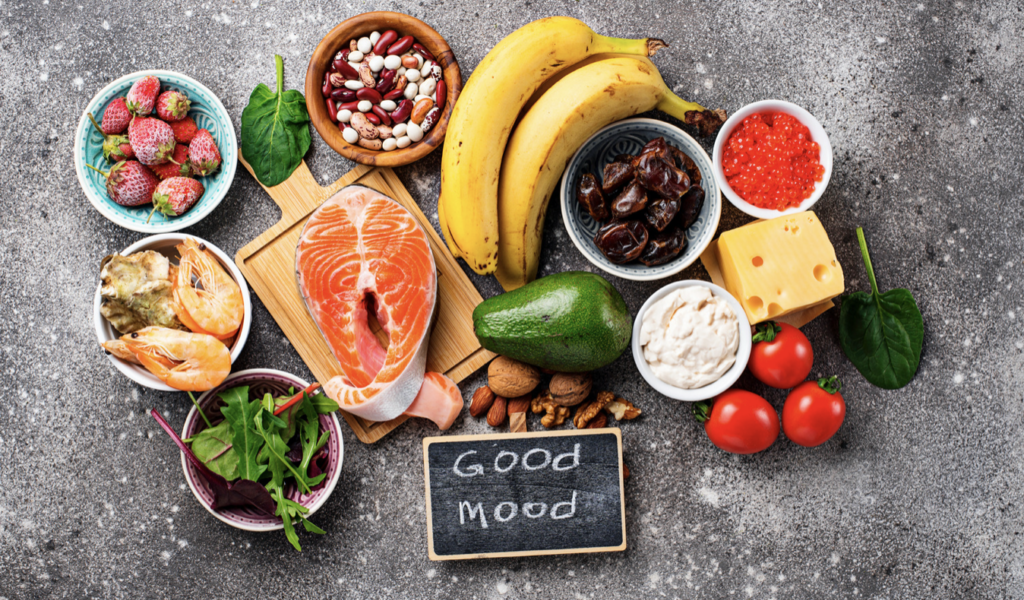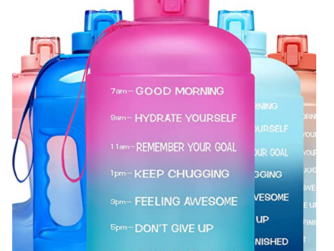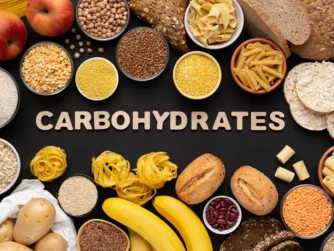Let me ask you something—have you ever had one of those days where everything just feels off? Maybe your patience is thin, your energy is tanking, and even your favorite playlist can’t pull you out of a funk. You sit there wondering what the heck is going on… and then it hits you—you’ve been living on coffee, protein bars, and whatever snacks you could grab in between errands.
Sound familiar?
Here’s the deal: what we eat absolutely affects how we feel—physically, mentally, and emotionally. That’s not woo-woo wellness talk; that’s science. Your brain is an organ, and just like your muscles need fuel to grow, your brain needs proper nutrition to function at its best. When we feed it junk, we can feel like junk.
But here’s the good news: with a few small tweaks, you can actually eat your way to a better mood—and yes, even reduce anxiety.
Let’s break it down.
The Gut-Brain Connection: It’s a Real Thing
Your gut is often called your “second brain.” Why? Because it houses over 100 million neurons and produces about 90% of your serotonin—you know, the “feel good” hormone. That means the food you eat can directly influence the production of mood-regulating neurotransmitters.
Think of your gut and brain like two best friends texting all day. If one is stressed, inflamed, or full of garbage (literally), the other one’s going to feel it.
A 2017 study published in the journal Psychiatry Research showed that people who followed a whole-food, Mediterranean-style diet—rich in fruits, veggies, nuts, whole grains, and lean proteins—were significantly less likely to experience depression than those on a highly processed Western diet.
So, yes, food and mood? Totally connected.
Sugar Highs and Emotional Lows
You already know the crash that comes after a sugar binge. You’re flying high for a minute, then boom—you’re irritable, tired, and maybe even anxious. But it’s deeper than just a blood sugar spike. Refined sugar can actually influence brain function and worsen anxiety.
One study from 2019 in Scientific Reports found that higher sugar consumption was linked to higher rates of anxiety and depression, particularly in women. And it makes sense. When your blood sugar spikes and crashes, your body releases stress hormones like cortisol, which is like pouring gasoline on the anxiety fire.
So, while that donut might feel like a reward in the moment, it could be sabotaging your mood for the rest of the day.
Caffeine and Anxiety: Best Frenemies
Look, I love coffee as much as the next person. But let’s be real, too much caffeine can make you feel like your nerves are doing jumping jacks.
Caffeine is a stimulant, which means it amps up your nervous system. That’s great for a morning energy boost, but if you’re already feeling anxious, it’s like turning up the volume on a radio that’s already too loud.
If you find yourself jittery, restless, or struggling with racing thoughts after your third cup, it might be time to cut back and see how your mood shifts. Try switching to green tea—lower caffeine, but still has that pick-me-up—and it contains L-theanine, which has calming properties. Win-win.
The Magic of Omega-3s and Healthy Fats
Now let’s talk about food that actually helps reduce anxiety and boost mood. Enter: omega-3 fatty acids. These healthy fats (found in salmon, walnuts, flaxseeds, and chia seeds) are essential for brain health.
A 2018 meta-analysis in JAMA Network Open found that omega-3 supplements—especially EPA—had a significant impact on reducing symptoms of clinical anxiety.
Not a fan of fish? No problem. You can add ground flaxseed to smoothies, snack on walnuts, or use a quality algae-based omega-3 supplement. The goal is to feed your brain the fats it needs to stay balanced and resilient.
Balanced Meals = Balanced Mood
When you eat regular, balanced meals with protein, fiber, healthy fats, and complex carbs, you give your brain the steady stream of nutrients it needs to thrive.
Let me give you a real-world example: one of my clients, let’s call her Lisa, came to me feeling burned out and anxious. She was skipping breakfast, living off protein shakes, and grabbing fast food at night. We started by simply adding in a real breakfast—scrambled eggs, avocado toast, and some fruit. Then we worked on meal timing and added a few mood-supportive foods like salmon, spinach, and fermented yogurt.
Within two weeks, her mood started to lift. By week four, she was sleeping better, feeling more focused, and her anxiety was more manageable, without any meds or fancy supplements. Just real food.
The Role of Fermented Foods and Probiotics
Remember the gut-brain connection? It turns out your gut bacteria (your microbiome) also play a big role in how you feel.
A 2016 review in Nutritional Neuroscience found that probiotics and fermented foods like yogurt, kefir, kimchi, and sauerkraut can have a positive effect on mood and stress levels. That’s because a healthy gut supports a healthy brain.
Next time you’re at the grocery store, grab a tub of Greek yogurt or a jar of fermented veggies and start experimenting. You might be surprised at how quickly your digestion and mood improve.
So… What Should I Eat for a Better Mood?
Here’s a quick cheat sheet of mood-boosting foods to get you started:
- Leafy greens (spinach, kale, Swiss chard) – high in magnesium and B vitamins
- Fatty fish (salmon, sardines, mackerel) – rich in omega-3s
- Whole grains (oats, quinoa, brown rice) – steady energy and serotonin support
- Nuts and seeds – magnesium, zinc, and healthy fats
- Fermented foods – support gut health and reduce inflammation
- Berries and citrus fruits – antioxidants and vitamin C
- Dark chocolate (in moderation) – contains compounds that trigger feel-good brain chemicals
And hey, hydration matters too. Even slight dehydration can make you feel tired, irritable, or fuzzy-headed. So drink your water, my friend. Your brain needs it.
Final Thoughts: You’re in the Driver’s Seat
Here’s the most empowering part of all this: you get to choose what you put in your body. That means you have the power to influence how you feel—every single day.
Will changing your diet magically erase anxiety or depression overnight? No. But can it make a significant difference in your overall mood, energy, focus, and resilience? Absolutely.
Think of your plate as a toolkit. You don’t have to be perfect. Just start with small shifts—one meal at a time—and build from there. The more you nourish your body with intention, the more your mood and mental health will reflect that care.
You’ve got this.
And if you ever need a guide on the journey? I’m right here in your corner.
Stay strong, stay fueled,
Coach Chris







